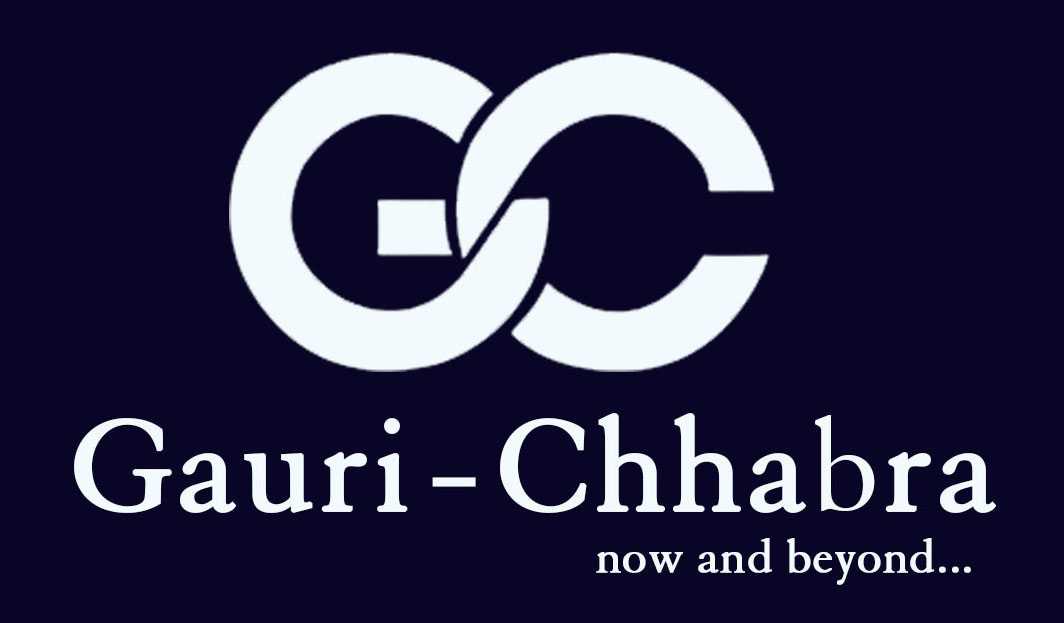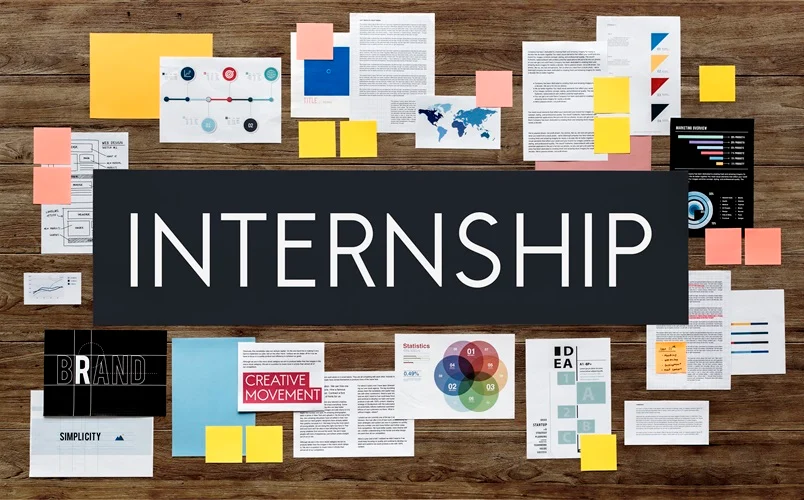Audition for the noblest of all Professions
Teaching. Yes, this work is the most important these days. Especially in times when technology wires our emotions, climate change pervades our lives and information overload our brains. In such a scenario, a sift is required. This can be done only by a teacher. To build the skills that will take us into the 22nd century, we need teachers with the training and support to ignite curiosity and foster creative problem-solving.
For all those who wish to join this noble profession, here is a shout out for the upcoming PSTET ie Punjab State Teachers Eligibility Test. It is conducted by the State Council of Educational Research & Training, Punjab for the post of teachers in state government, Mandal Parishad, Zila Parishad, Municipality, Private Aided & Un-aided Schools for the class I-VII. Applicants can apply for the PSTET exam by registering themselves through the Online Application Form, from the official website.
The PSTET Exam will be organized by the PSEB under the guidance of the State Council of Educational Research and Training (SCERT), Punjab. The Punjab Board has termed the December 2019 exam as “PSTET 2018” which will be conducted on 15 December 2019. The PSTET Registration/Application link is now active on the official website pstet.net. The Punjab STET online application process will go on till 25th November 2019. The PSTET Paper-I is for Class I-V teachers; while the PSTET Paper-II is for Class VI-VIII teachers.
Eligibility Criteria:
Candidates should have following qualifications as prescribed by the NCTE:
Educational Qualification
For Paper I (Primary Teachers – Classes I To V)
- Applying candidates must have passed Senior Secondary (or it is equivalent) with at least 50% marks and passed OR appearing in the final year of 2-year Diploma in Elementary Education
- Applicants need to obtain 50% minimum marks in Senior Secondary or its equivalent examination & finalized or appearing in final/ last year of 4-year Bachelor in Elementary Education.
For Paper II (Secondary Teachers – Classes VI To VIII)
- Applicants must have passed in graduation or final year of a 2-year diploma in education elementary education.
- Aspirants must have qualified graduation with minimum 55% marks or appearing in 1 year Bachelor Degree in B.Ed
Essential Qualification
Candidates should be passed/appearing in B.Ed/Senior Secondary with at least 50% marks for both sections.
How to apply
You can apply via Online /Offline mode by filling up the application forms on the Official Website of the Department i.e. www.tetpunjab.com.Participants will be shortlisted by marks scored in the Entrance Exam. and would also have to go for the Final Round Personal Interview.
Application Fee:
| Category | Only Paper I or II | Both Paper I & II |
|---|---|---|
| General / BC / OBC Category | Rs. 500 /- (Five hundred) | Rs. 1000 /- (One Thousand) |
| SC / ST Category | Rs. 300 /- (Three hundred) | Rs. 600 /- (Six hundred) |
| Ex-Servicemen Self-only | NIL | NIL |
Exam Pattern & Syllabus:
The Punjab State Teacher Eligibility Test 2018 exam will be conducted on two phases for Paper-I & Paper-II. Below is the detailed exam pattern and structure of the PSTET 2018 Exam:
– 150 Multiple Choice Questions (MCQs) in each paper
– Each question carries one mark
– There will be no negative marking.
– Candidates who wish to teach classes I to VIII will have to appear in both papers (Paper I and Paper II)
– Qualifying PSTET does not mean direct recruitment; it is one of the eligibility criteria for appointment as a teacher in Punjab schools. A person who scores 60% or more in the PSTET exam will be considered as PSTET pass. Punjab Govt., has decided to give the concession of 5% in PSTET to the persons belonging to SC/ST, OBC, differently-abled persons, etc., by their extant reservation policy;This weight to the PSTET scores in the recruitment process; however, qualifying the PSTET would not confer a right on any person for recruitment/employment as it is only one of the eligibility criteria for appointment.
Paper 1 Pattern
| Subjects | Total Marks | Number of Questions |
|---|---|---|
| The language I | 30 Marks | 30 MCQs |
| Child Development and Pedagogy | 30 Marks | 30 MCQs |
| Language II | 30 Marks | 30 MCQs |
| Environmental Studies | 30 Marks | 30 MCQs |
| Mathematics | 30 Marks | 30 MCQs |
| In Total | 150 Marks | 150 MCQs |
Paper 2 Pattern
| Subjects of the Question Paper | Total Marks | Number of Questions |
|---|---|---|
| Language-I (mandatory) | 30 Marks | 30 MCQs |
| Child Development & Pedagogy (mandatory) | 30 Marks | 30 MCQs |
| Language-II (mandatory) | 30 Marks | 30 MCQs |
| Social Studies/Social Science (for Social Studies/Social Science teacher) | 60 Marks | 60 MCQs |
| Mathematics and Science (for Mathematics and Science teacher) | 60 Marks | 60 MCQs |
| In Total | 150 Marks | 150 MCQs |
| Events | Important Dates |
|---|---|
| Online Application Start Date | 3rd November 2019 |
| Last Date of Online Application | 25th November 2019 |
| Last Date of the Application Fee | 25th November 2019 |
| Application Correction Starts | 26th November 2019 |
| Application Correction End | 28th November 2019 |
| Admit Card | 9th December 2019 |
| Exam Date | 15th December 2019 |
The validity of PSTET Certificate
All qualified Applicants will have seven years of the validity period for the PSTET certificate from the date of result announcement for all category candidates (consisting both reserved & unreserved category).
Number of Attempts
There is no restriction on the number of attempts a person can take for acquiring a PSTET certificate. A person qualified in PSTET may also appear again for improving his/her score. The PSTET shall apply to the Schools owned and managed by the Punjab State Government/Local Bodies and aided school.PSTET may also apply to the unaided private schools who may exercise the option of considering the PSTET.
Sample Questions of PSTET- Paper I
- The best method to study the growth and development of the child is:
(1) Psychoanalytic Method (2) Comparative Method
(3) Developmental Method (4) Statistical Method
2. Socialization is a process by which children & adults learn from:
(1)Family (2) School
(3) Peers (4) All of these
3. Which one of the following is the true statement corresponding to Cephalocaudal Principle of Child’s Development:
( 1) Development is from head to foot (2) Development is from foot to head
(3) Development is from the middle to periphery (4) None of these
- Determinants of Individual differences in human beings relate to:
(1)Differences in Environment
(2)Differences in Heredity
(3) Interaction between Heredity & Environment
(4)Both Heredity & Environment interacting separately
Summing up:
Today, the primary role of the teacher is to guide students in orientating their moral compass, teachers may be more vital than ever, helping them navigate their way through an era of “fake news” and uncompromising ideologies. All this suggests that while the role of the teacher has never been more important, and we need to make sure more people audition and join the noblest of all profession
Join the audition.












